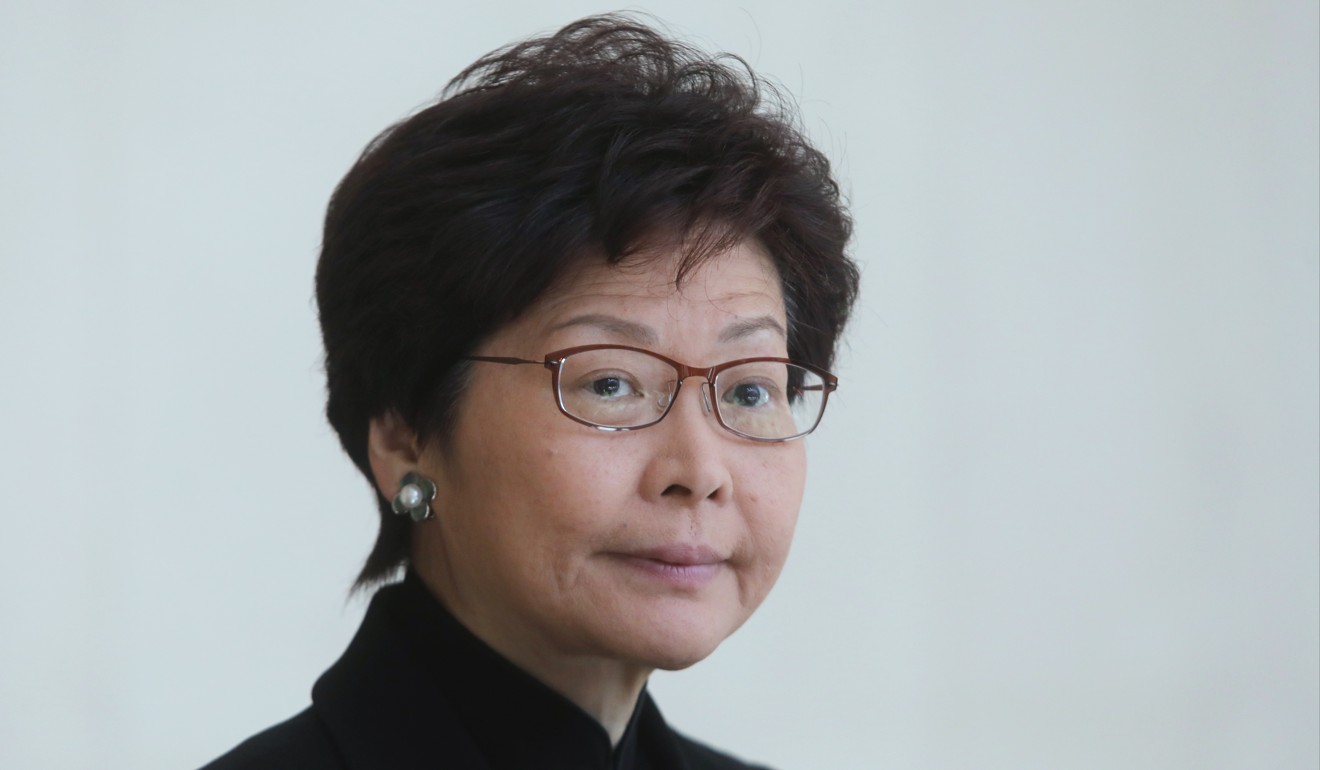
Hong Kong democrats dine with Carrie Lam but controversial issues are off the menu
Social, education and health care policies discussed during informal dinner with members of pro-democracy camp as Hong Kong’s leader looks to improve relations
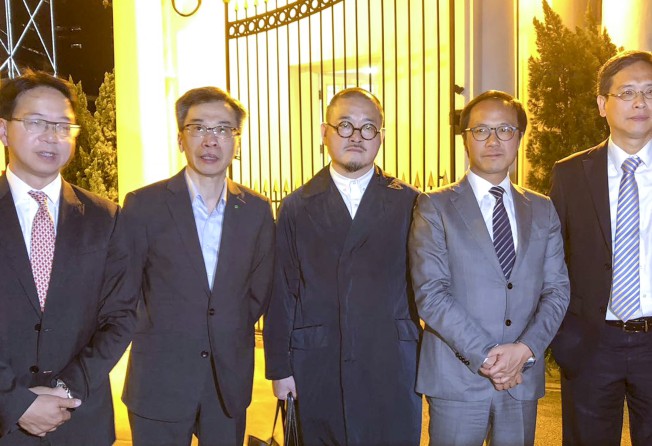
Five moderate democratic lawmakers in Hong Kong dined with city’s leader on Friday night in a move to improve relations that had deteriorated sharply under the previous administration.
It was the first informal dinner shared by Chief Executive Carrie Lam Cheng Yuet-ngor and any member of a democratic party since Lam assumed office last July.
Both sides exchanged views on policy issues but barely touched on the most controversial political issues, such as the recent furore over Occupy leader Benny Tai Yiu-ting’s independence remarks.
Tai’s suggestions at a forum in Taiwan in March that Hong Kong could “consider becoming an independent state” some day in a “democratic China” had sparked controversy with calls for him to be sacked from his teaching position at the University of Hong Kong.
Without spelling out her take on Tai, pro-democracy camp convenor Charles Mok said Lam “listened and understood our stance on various issues”.
Mok said they had shared a “frank and open exchange [of views] in a relatively casual setting” and that it had been “a good way for us to understand each other”.

There was also no mention of the controversial joint checkpoint plan that will allow officials to enforce mainland Chinese law in a small section of a high-speed rail terminus in Hong Kong.
During the tenure of Lam’s predecessor, Leung Chun-ying, the camp was permanently at loggerheads with the city’s leader and refused to attend any kind of consultative meetings – even informal lunch or dinners. The messenger during this period was often the chief secretary – Carrie Lam.
When Lam ran for the top job, she vowed to improve communications with lawmakers. This was generally well received among the moderates, including the Democratic Party and Professionals Guild.
Lam attended a dinner held by the Democratic Party and unprecedentedly donated HK$30,000 (US$3,822), making her the first chief executive to personally donate to any democratic party.
The Professionals Guild, which consists of six representatives from professional sectors, took the initiative and suggested dinner at Government House in October last year, the Post has learned. Civic Party legal representative Dennis Kwok, who was out of town, did not attend.
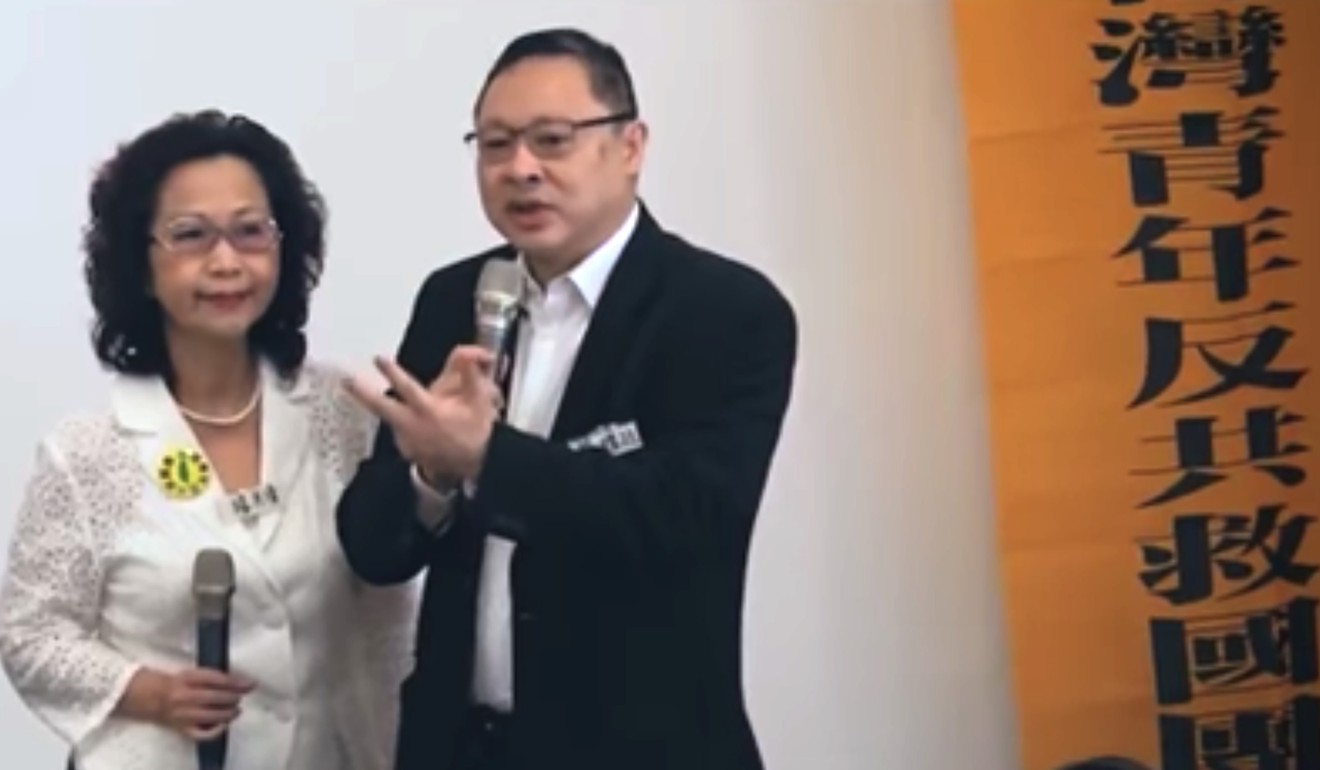
In Friday’s two-hour long meeting, Lam and the lawmakers exchanged views on funding priorities, social and education and health care policies. Lam has promised more transparency in policies and to table less controversial funding plans in the months ahead, both to lawmakers and the public, sources said.
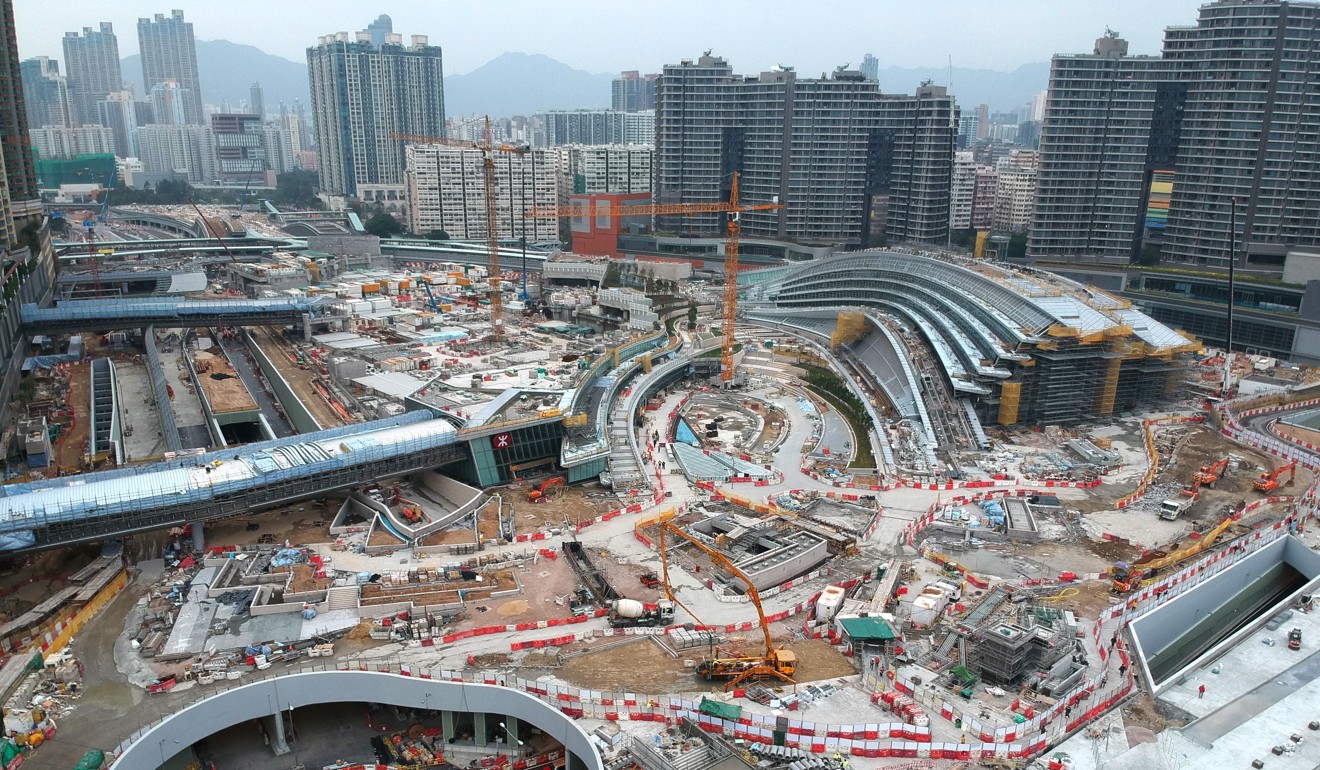
“It’s not about breaking the ice,” health sector lawmaker Joseph Lee Kok-long said.
“It’s just a normal exchange of views. There should be dialogue between the administration and the legislature and an informal dinner was one of the ways.”
Another lawmaker said the talks reminded him of the time when Lam was chief secretary, when she would channel views on bills between Leung and the democratic camps in her typical pragmatic approach.
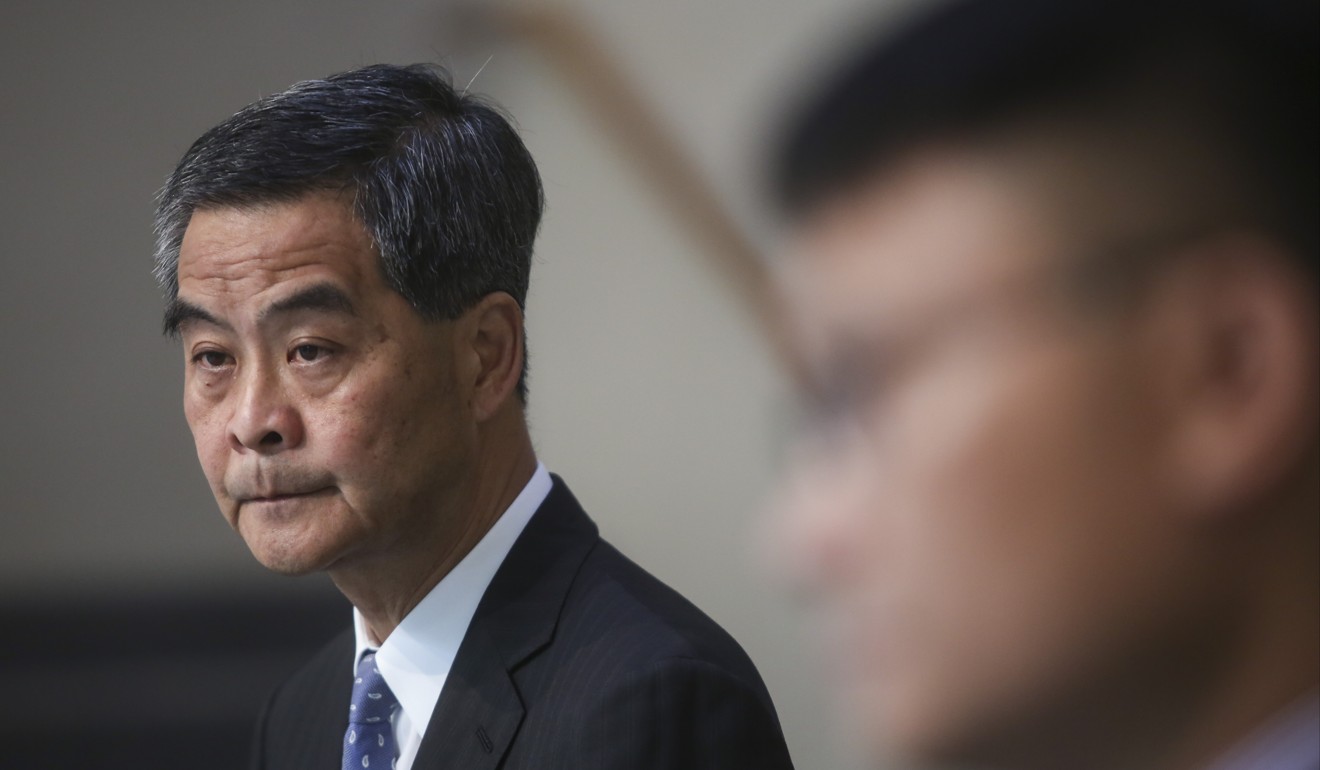
“No jokes, which was typical of her. But it was much more relaxed exchange,” the lawmaker said.
Mok however cautioned that the five lawmakers in attendance did not represent every party in the camp.
“We just hope the government will have more dialogue with the democrats,” he said.
A government source said no invitation was extended to the Civic Party or Council Front – the liberal wing of the pro-democracy camp.
Lam’s office also has to manage expectations from pro-establishment camp, with some already voicing unease over the meeting.
After this dinner was first reported in February, Lam’s office cautiously arranged lunch meetings with major pro-establishments parties, albeit with only two to three weeks for preparation.
Political scientist Ma Ngok observed the major democratic parties and Lam had focused on engaging on livelihood policies while being clear about their differences on political issues.
“This shows the difference between Lam and Leung,” Ma said. “To most pan-democrats, if they have a problem in policies or need extra funding, spell it out and it’s negotiable.”
Ma noted however that since candidates who promoted self-determination for the city had been disqualified, the democratic lawmakers were all essentially “moderate” to Beijing and were more ready to engage in dialogue with the administration.